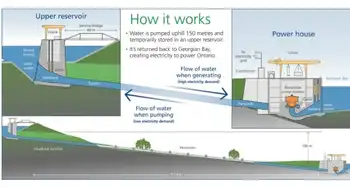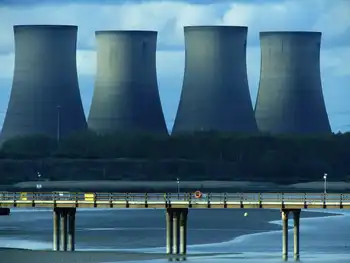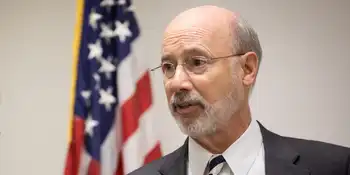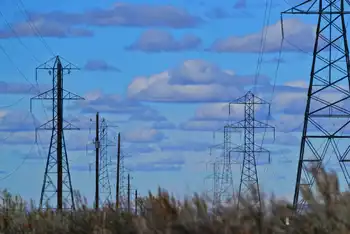Tightening clear skies Bill would kill it: U.S. lawmakers
WASHINGTON D.C. - Any move by Congress to regulate carbon dioxide emissions would derail a controversial Bush administration plan to reduce other pollutants from coal-burning power plants, Republican lawmakers said recently.
The Bush administration wants Congress to pass "Clear Skies" legislation that would cut power plant emissions of three pollutants - nitrogen oxides, sulfur dioxide and mercury - by 70 percent over 15 years through a cap-and-trade system.
A cap-and-trade program would set a limit on pollution. Power plants and other businesses could then trade pollution credits among each other.
Some Democrats and moderate Republicans have floated a competing proposal to mandate cuts in carbon dioxide emissions, which are linked to global warming. Panel Republicans balked at the idea.
"A bill to cut pollution... that includes a mandate for carbon cuts will not pass the Senate, will not pass the House, the president will not sign a carbon mandate," said Kit Bond, a Missouri Republican, at a Senate Environment and Public Works subcommittee hearing.
He added that a carbon dioxide provision "would kill the bill."
Power plants are the largest source of carbon dioxide, accounting for about 40 percent of all U.S. emissions of the heat-trapping gas. Other emissions from coal-fired plants, which generate about half of U.S. electricity, can cause asthma, chronic bronchitis and pneumonia.
After initially supporting a cap on carbon dioxide during his 2000 run for president, Bush has rejected adding carbon dioxide to the "Clear Skies" bill because of its cost. "Clear Skies" would be the biggest change to the Clean Air Act since 1990.
Sens. Jim Jeffords, a Vermont independent, Susan Collins, a Maine Republican, and Joseph Lieberman, a Democrat from Connecticut, had proposed adding carbon dioxide to the "Clear Skies" gases.
"Reducing carbon dioxide emissions is a step that we can no longer afford to put off," Collins said.
Other attempts to cut greenhouse gas emissions have languished in Congress.
Related News
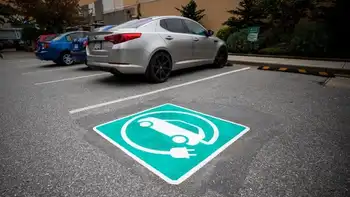
If B.C. wants to electrify all road vehicles by 2055, it will need to at least double its power output: study
VANCOUVER - Researchers at the University of Victoria say that if B.C. were to shift to electric power for all road vehicles by 2055, the province would require more than double the electricity now being generated.
The findings are included in a study to be published in the November issue of the Applied Energy journal.
According to co-author and UVic professor Curran Crawford, the team at the university's Pacific Institute for Climate Solutions took B.C.'s 2015 electrical capacity of 15.6 gigawatts as a baseline, and added projected demands from population and economic growth, then added the increase that shifting to…

